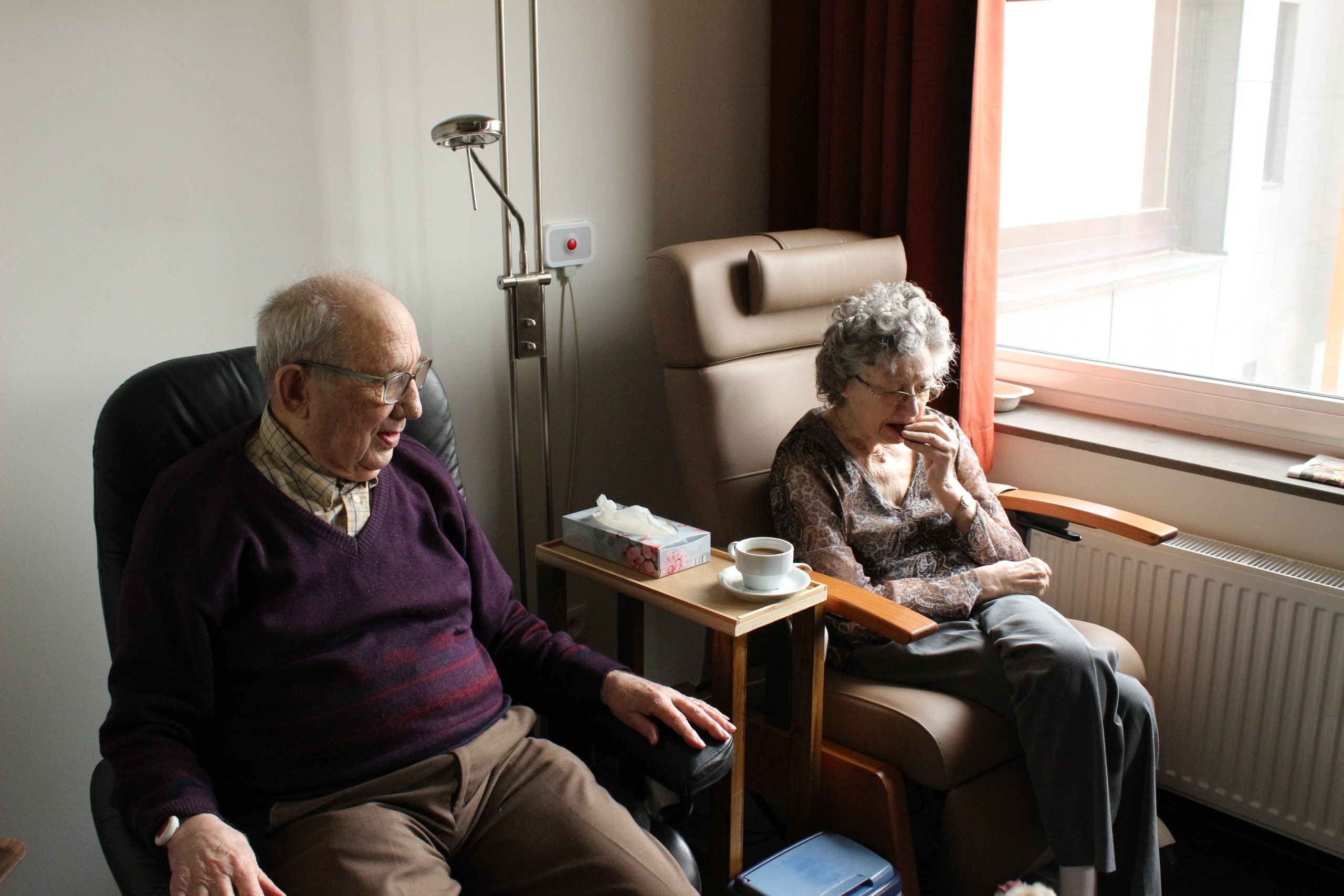A blind 94-year-old Chilliwack, B.C., woman is left confined for two weeks while bed bugs multiply on her mattress.
A 79-year-old woman in Viking, Alberta, dies of dehydration and a urinary tract infection caused by remaining too long in unchanged wet diapers.
A 63-year-old Brampton, Ontario, man is provided so little food and water that he has to be hospitalized for dehydration.
A 94-year-old woman in Dorval, Quebec, who has both Alzheimer’s and dysphagia dies from choking on her food. No written incident report is filed by the home where she resides.
If you presumed that these incidents relate to long-term care homes being overwhelmed by the current coronavirus crisis, you can be forgiven. The absolute horror stories emerging from Canada’s long-term care facilities have focused our attention as never before on the vulnerability of the residents that rely on these institutions.
RELATED:
- Viruses feed on exclusion: Psychiatric detention and the need for preventative deinstitutionalization
- Canada still holding migrants in detention centre where many fear exposure to coronavirus
- We should have ended homelessness. The least we can do now is protect homeless people from COVID-19.
- Supervised consumption sites scrambling to handle two public health crises at once
But every one of these incidents came from media reports that predate the pandemic. They reflect Canada’s system of care for the elderly and people with disabilities in “normal” times, not times of crisis. In worsening this system’s failures, the coronavirus crisis is opening our eyes to realities that far too many Canadian families have long known all too well.
In his response to the gut-wrenching revelations that recently emerged at a Dorval nursing home (the same one where the woman choked on her food), Quebec premier François Legault stated that the situation “looks a lot like major negligence.”
The negligence Legault referred to was that of the privately owned company that ran this home. But there is a more important negligence to consider: that of Canada’s entire political class.
Its reckless embrace of neoliberalism has for far too long left many of Canada’s most vulnerable residents in conditions that can only be described as shamefully unacceptable. Such conditions are the bitter fruit of what happens when our newspaper editorial boards along with our politicians prioritize austerity, privatization and corporate profits over dignified care for vulnerable human beings.
While our politicians can claim to be saddened over the tragedy that is now unfolding in long-term care homes around the country, none should claim to be surprised at this situation. Unions and organizations that advocate for the various people that depend on long-term care have for years decried the worsening conditions of these facilities. Many have also been extremely clear about the central reason for these worsening conditions — privatization.
Indeed, every one of the examples mentioned at the beginning of this article occurred at one of Canada’s privately owned for-profit facilities. While the number of for-profit care homes varies from province to province, such facilities house 37 per cent of Canada’s long-term beds.
The connection between private ownership and diminished standards of care has been documented in numerous studies and reports. One recent study from the peer-reviewed journal PLOS Medicine found that for-profit facilities not only provided “inferior” care but also were more likely to have been cited for serious deficiencies than facilities making less profit.
Similarly, a recent report from B.C.’s seniors advocate, Isobel Mackenzie, noted that for-profit care homes failed to provide hundreds of thousands of the hours of care for which they received government funding, while not-for-profit homes significantly overdelivered in terms of hours of care. The picture painted by all this research is of a clear and obvious conflict of interest that subordinates the safety of our loved ones to the profit-making prerogatives of heartless corporations.
Thus far the solution being proposed by politicians and mainstream media pundits alike is to establish tougher regulations. At best, this transforms the problem into a game of government whack-a-mole. It naively presumes that regulations can cause private corporations, whose CEOs are hired and handsomely rewarded to deliver profits to shareholders, to magically begin acting in the interest of ordinary people.
We should know better.
We Canadians can be so smug about how superior our healthcare system is compared to that of our U.S. neighbours. We wonder how it is that Americans can’t see that the delivery of high-quality healthcare for all is completely at odds with the profit-making interests of large corporations.
However, if this crisis teaches us anything, it should be that when it comes to the care of the most vulnerable Canadians, the politicians we have been electing have been just as negligent about the consequences associated with for-profit care as their American counterparts.
If we want to finally bring an end to the decades-long tragedy that has been concentrated in the growing number of for-profit care homes, we need to stop electing politicians unable or unwilling to see for-profit care as the disaster it is. Until we can start electing governments with the courage to make meaningful public investments and reverse the pattern of privatization, many of us will continue to be left with no choice but to trust the care of our loved ones to institutions that are massively incentivized to neglect their needs.
Whether or not we have family members in need of long-term care, we should all see this situation as completely intolerable.




